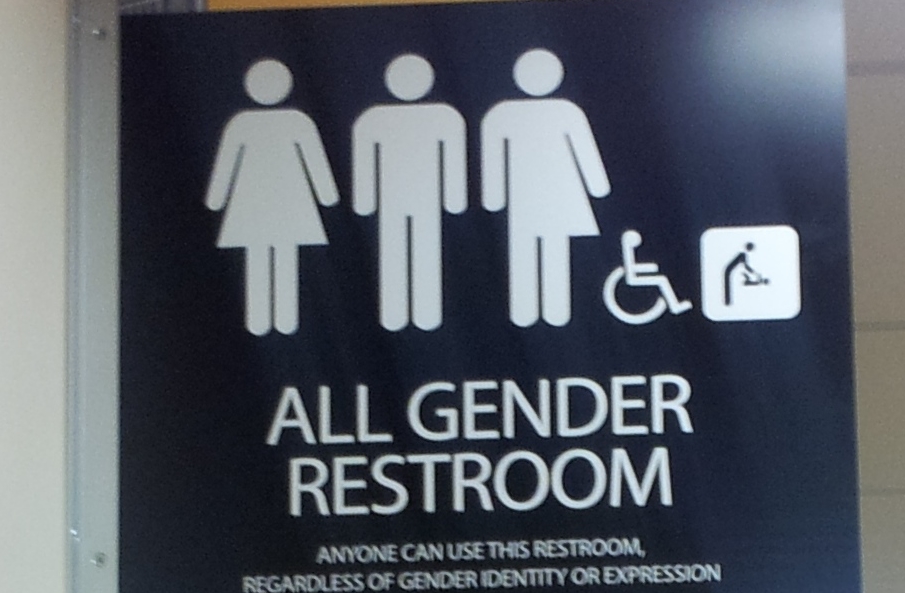Google now claiming Republicans are Nazis … Search engine giant launches propaganda war on America
06/04/2018 / By Jayson Veley

Remember the good old days when the liberals stuck to words like “racist” and “bigot” when describing their conservative counterpart? Now, in the age of Trump, they have graduated to more nasty and vicious terms like “fascist” and even “Nazi,” even though the President and the Republican Party are about as far from Nazism as one can possible get.
That didn’t stop the far Left company Google, though, which thought nothing of listing “Nazism” as the ideology of the California Republican Party just days before the California primary. The term appeared in the “knowledge panel,” which provides users with easy access to information next to Google’s search results. The word “Nazism” was hyperlinked to another page that groups “Nazism” with other “ideologies” of the California Republican Party, which include “conservatism,” “market liberalism,” “fiscal conservatism,” and “green conservatism.”
Of course, Google was quick to come up with excuses. “Sometimes people vandalize public information sources, like Wikipedia, which can impact the information that appears in search,” said a Google spokesperson in a recent statement. “We have systems in place that catch vandalism before it impacts search results, but occasionally errors get through, and that’s what happened here.” (Related: Google is a deranged left-wing intolerant company that hates conservatives.)
Still, considering Google’s long history of targeting those on the Right and the well-documented anti-conservative sentiment that exists within the company itself, it’s not hard to imagine a scenario in which employees at Google knew that the term Nazism was being associated with the California Republican Party on their platform, and chose to simply look the other way. Even though they say that it was an error and purely unintentional, there’s a very real chance that this is nothing but a convenient excuse being used by Google because they got caught once again targeting conservatives.
“It is libelous, and Wikipedia and Google should take more ownership of what is published on their sites, since both companies just said 5 million Californians support Nazism,” argued Cynthia Bryant, executive director of the California Republican Party. “It is unfortunate, but is unlikely to affect the election because anyone with common sense knows we don’t support Nazism.”
Of course the Republican Party does not support Nazism, but that doesn’t mean that we should allow our political opponents to call us Nazis either. While there are millions of Americans who are able to use common sense and can see straight though these sorts of politicized attacks, there are also some who buy into this rhetoric as if it were fact. When a lie is repeated frequently enough, people start to believe it, no matter how ridiculous it may be.
Indeed, the term “Nazi” really is starting to be used more and more frequently to describe those on the Right. Even our high schools aren’t safe from this sort of propaganda. Back in April, the Washington Examiner reported that a student at a Nebraska high school had posted photos to Twitter of a flyer he had found inside one of his classrooms that explicitly compared Republicans to Nazis.
The flyer stated that “Americans are 20 times more likely to be murdered with a gun than people in other developed countries,” with two symbols depicted below it: one of a Nazi swastika and another of the GOP elephant. Both of these symbols had identical bullet points listed below them, which means that whoever made the flier was clearly trying to draw a comparison between the two.
While American politics has always been filled with passion and even aggression at times, we should all agree that comparing our political opponents to Nazis is despicable, and, quite frankly, an insult to those who died at the hands of real Nazis decades ago. Read Technocrats.news for more coverage.
Sources include:
Tagged Under: California Republican Party, evil, Google, left cult, Left-wing, Nazism, propaganda, search engines, tech giants, tech monopoly, Tyranny, War



















